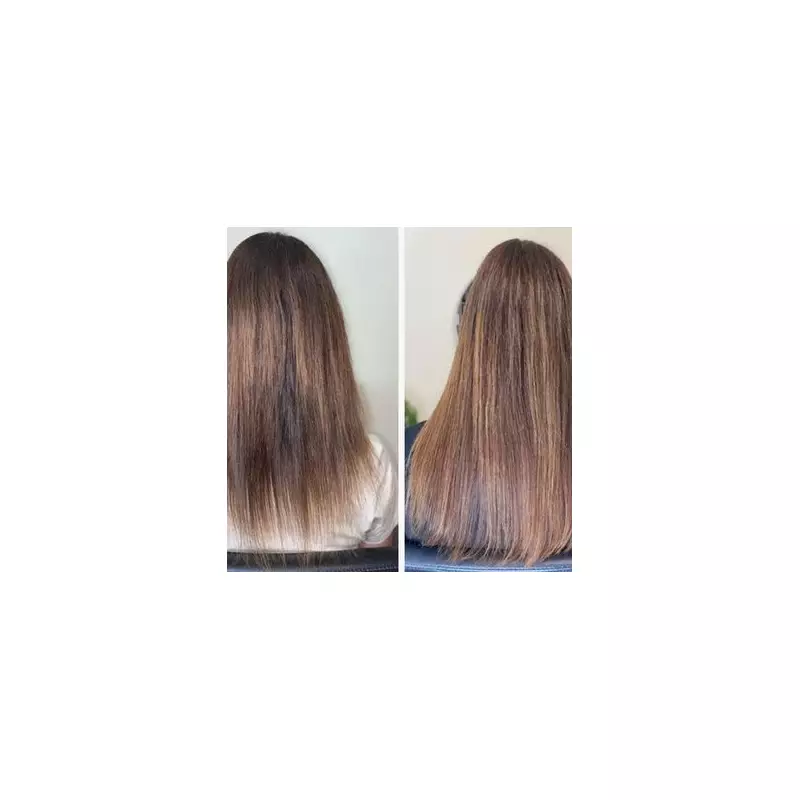
A woman battling hair loss has been left devastated and humiliated after a hairdresser refused to treat her, citing her condition as the reason. The incident has ignited a fierce debate about discrimination and accessibility within the UK's beauty industry.
Jade, who suffers from the autoimmune condition alopecia, had booked a simple blow-dry at a salon. Upon arrival, her hopes for a confidence boost were shattered in an instant. "She looked at my hair and said, 'I'm not touching that,'" Jade recounted, the pain still fresh in her voice. "I was absolutely mortified. I just walked out and cried."
A Widespread Problem for Hair Loss Sufferers
Sadly, Jade's experience is not isolated. Many individuals with conditions like alopecia, trichotillomania, or those undergoing chemotherapy report similar rejections. This practice raises serious questions about the training and inclusivity standards expected of beauty professionals.
The refusal often stems from a stylist's lack of confidence or knowledge in handling different hair types and conditions, rather than any legitimate hygiene or safety rule. For the customer, the emotional impact is profound, compounding the distress already caused by their condition.
Experts and Charities Weigh In
Leading hair loss charities have condemned the practice. A spokesperson for Alopecia UK stated, "No one should be made to feel less than because of a medical condition. Salons have a duty to be inclusive or, at the very least, signpost customers to a specialist who can help."
Consumer rights experts clarify that while a business can refuse service, doing so based solely on a medical condition could potentially constitute discrimination under the Equality Act 2010, depending on the circumstances.
Finding a Salon That Cares
For those experiencing hair loss, the advice is to call ahead and be upfront about your condition. This allows you to gauge the salon's response and find a stylist who is empathetic, trained, and willing to help. Look for salons that explicitly promote inclusive or sensitive services.
Jade's story is a powerful reminder of the need for greater awareness and compassion. "It's not just hair," she says. "It's your identity. To be turned away feels like you're being told you're not good enough."





